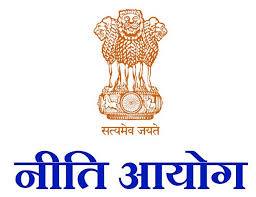
NITI Aayog organised a workshop on “Green Development Pact for a Sustainable Future” at hotel Le Meridien, New Delhi today. The workshop was structured around the G20 New Delhi Leaders’ Declaration (NDLD), which includes the Green Development Pact. The Green Development Pact provides pathways for nations in their journey towards achieving the energy, climate, environment and disaster resilience related objectives.
The workshop was aimed at discussing implementation strategies for the Green Development Pact in India, aligning with the G20 NDLD and encouraging India’s leadership role for the global advancement of pathways laid out in the Green Development Pact. The event saw participation from stakeholders from across the country, including think tanks, educational institutions, industry, state governments and central government. Approximately, 4600 participants joined the event online.
Shri Pankaj Agarwal, Secretary, Ministry of Power outlined the policy initiatives taken to advance green development in India such as Production Linked Incentives (PLI) scheme for high efficiency solar PV modules, Renewable Purchase Obligations and Carbon Credit Trading Scheme. He highlighted measures for strengthening the distribution sector like the Revamped Distribution Sector Scheme and also highlighted the role of fossil-based energy in the context of rising electricity demand in particular months.
Shri Amitabh Kant, G20 Sherpa, remarked that India overcame many challenges to evolve a consensus on the Green Development Pact. He emphasized that the Green Development Pact includes key ambitions such as tripling of global renewable capacity by 2030 and rapidly scaling up climate finance from billions to trillions of dollars. He remarked that India had set the agenda for the global discussions on energy transition and climate action.
Prof Ramesh Chand, Member, NITI Aayog said that the workshop reflects seriousness for implementation of the NDLD and India is leading by example in this regard. Further, he remarked that Green development is centered around nature and environment and while clean energy is important, there is also the need for affordable energy and promoting energy efficiency. He emphasized the need for changing lifestyles to find solutions for sustainability concerns.
During the workshop, three separate sessions were held for discussing wide range of issues.
The first session focused on Implementing Clean, Sustainable, Just, Affordable & Inclusive Energy Transition and included issues such as energy security, facilitating technology access, creating enabling environment and encouraging innovation. The participants discussed strategies to address issues such as facilitating low-cost finance and supporting reliable, diversified and responsible supply chains with effective policy instruments.
The second session was oriented on Restoring, Conserving and Sustainably Using Ecosystems and discussions were held on the issues such as mainstreaming lifestyles for sustainable development (LiFE), designing a circular economy and ending plastic pollution. The participants touched upon novel concepts including bio-circular-green economy, scaling up voluntary initiatives and breaking silos for a harmonized approach
The third session on Adaptation and Disaster Resilient Infrastructure was focused on building resilient infrastructure against the climate risks. Topics for discussion under this session included climate forecast, mainstreaming disaster risk and resilience, coastal states/ city-level preparation and financing climate resilience. The participants stressed on the need for data and capacity building, measuring and quantifying risk and the returns on investing in resilience.
NITI Aayog organised a series of ten thematic workshops on key agendas of New Delhi Leader’s Declaration (NDLD) to devise actionable strategies and plans that can be implemented to provide impetus to growth and prosperity of the country.



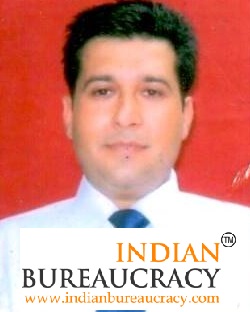
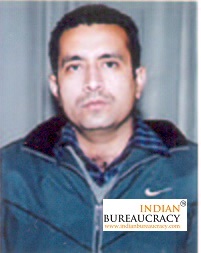
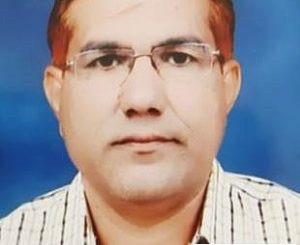
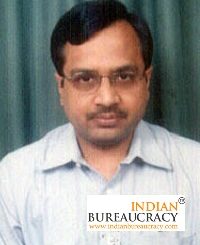
Leave a Reply
You must be logged in to post a comment.